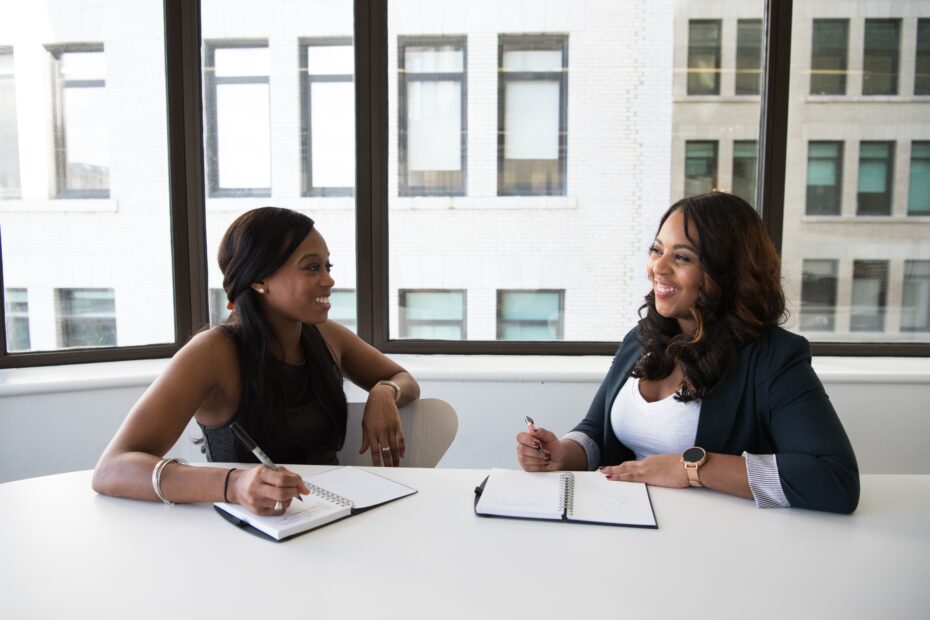Have you ever wondered about the power of mediation? We all see the world differently. Different perspectives, opinions, cultures, and experiences shape our day-to-day decision-making and how we assess different situations. Inevitably, conflicts in life and at work can happen.
Resolving these conflicts can be challenging, depending on the circumstances. Sometimes, people can resolve disputes themselves; sometimes, they escalate so far that legal proceedings are required.
The key to successful conflict resolution is to find a resolution as quickly as possible. This is especially true with mediation.
Mediation is an effective tool for handling community, tenant, and workplace disputes before they escalate to the point where those involved can no longer agree on a way forward.
Understanding the Power of Mediation
Mediation is a structured process in which a neutral third party, the mediator, facilitates communication between conflicting parties. The critical word here is facilitating. Unlike a judge or arbitrator, a mediator doesn’t impose decisions but guides those involved in creating their resolution. This approach empowers people. When people make their own decisions, they’re far more likely to stick to the agreed-upon outcomes. Plus, mentally and emotionally, this approach brings the parties closer.
The Benefits of Mediation
Mediation seeks to understand each party’s perspective before the first session. Then, the parties can consider the best approach to help those involved resolve their differences. Often, conflicts come down to simple misunderstandings or each party not fully understanding the other’s situation and how that may have contributed to the problems.
When the mediator understands each party’s position, they can often help them create a resolution very quickly by helping them understand the other party’s point of view.
Mediation takes a sensitive approach to resolving conflicts, which:
- Protects relationships and fosters new ones
- Saves time and money
- Provides empowerment to people
- Is flexible and adaptable
- Is confidential
- Reduces unnecessary stress
- By its very nature, it creates sustainable resolutions
- Resolves issues at an early stage and prevents escalations
The Mediation Process: How Resolving Conflicts Work
Here’s how it all comes together – the mediation process.
1) Initial consultations
The mediator will contact each party to arrange an initial call or face-to-face visit to understand their position and how they would like to resolve the situation. Generally, the mediator will invite them to attend a joint meeting at a neutral venue to start the face-to-face sessions. Still, as with all things mediation, this is flexible, and the mediator will tailor the approach for each case.
2) Joint session
To start the session, the mediator will explain the process and set out each party’s expectations regarding conduct and approach. It’s important to establish an atmosphere of respect and cooperation.
Each party is then allowed to present their perspective without interruption. They need to voice all their concerns.
The mediator helps the parties identify the core issues causing the conflict and encourages them to consider any underlying issues and each other’s perspectives.
The mediator will then move the conversation towards exploring potential solutions to help those involved find a resolution that would suit each of their needs.
3) Follow ups
In most cases a single session will lead to a resolution. Sometimes, the mediator may need to follow up with those involved following the session to confirm that things are still on track, and in some cases, a follow-up session may be required.
4) Creating the agreement
Once the parties reach an agreement, the mediator helps write it. All parties will then review and sign the deal. Again there will be no pressure from the mediator, the parties themselves must be happy to sign.
Resolve Conflicts Amicably With the Power of Mediation
In our experience at ADR Mediation, we know that a signed written agreement is secondary to the feelings shared in the room if the outcome will be successful in the long term. The participants must want to make it work, and the only way for a mediator to assist with that is to help them create positive emotions towards each other.
Following a recent mediation, after reaching an agreement, one party said, “We don’t need that piece of paper; what we have achieved in this room means so much more.”
That perfectly illustrates what mediation is all about.
Related article: What Is a Successful Mediation?
How We Can Help
At ADR Mediation we offer a range of mediation services to help housing associations, communities, businesses and individuals overcome all manner of disputes.
Call us on 01772 954602 or email info@adrmediation.org.uk to learn more about what we can do for you.

